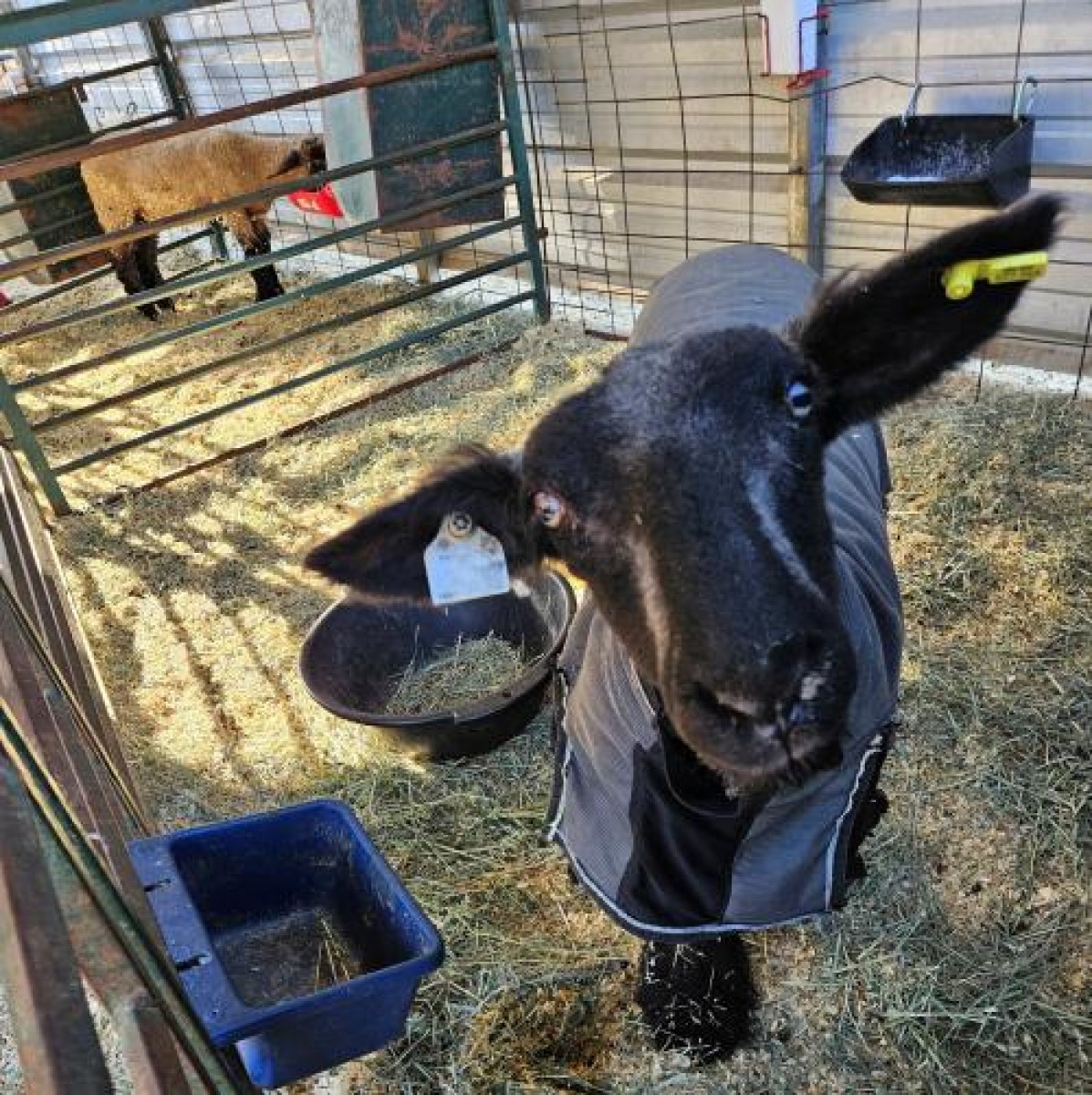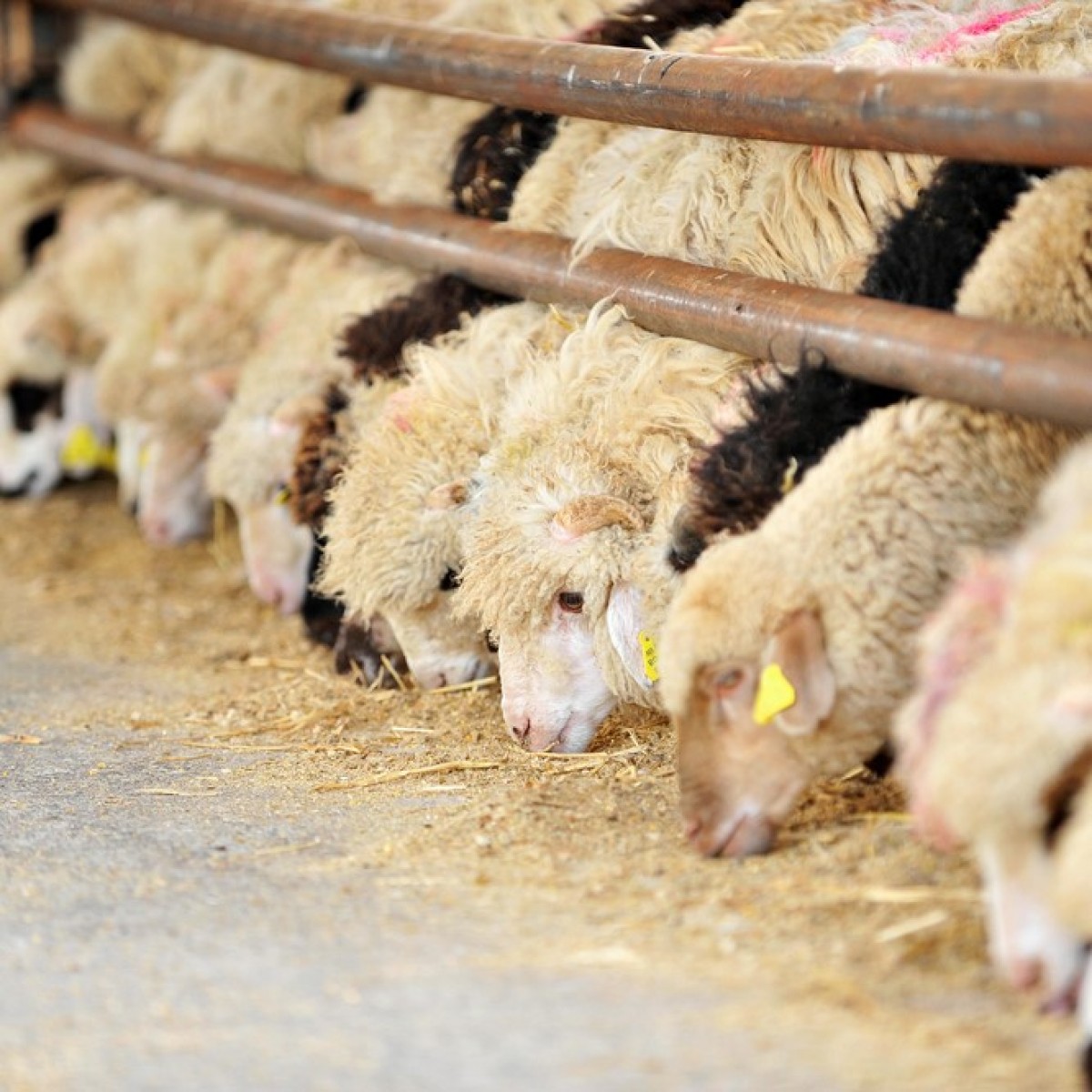Sheep vaccinated against paratuberculosis
Systemic immunization delivered subcutaneously is currently used to control paratuberculosis, a chronic enteritis of ruminants caused by Mycobacterium avium subspecies paratuberculosis (MAP). These vaccines do not provide complete protection and a small cohort of animals still succumb to clinical disease. The aim of this study was to assess mycobacterial infection site-specific variations in immune cells in vaccinated sheep that did or did not develop the disease following controlled exposure to MAP.
Immunohistochemical staining of terminal ileum demonstrated that vaccination increased infiltration of CD4 + T cells and B cells. Infiltration of large numbers of CD4 + T and B cells was also seen in sheep that successfully cleared infection. Vaccination promoted the polarization of macrophages to an M1 activation state.
In conclusion, the presence of certain cells at the site of infection, especially CD4 + T cells, is likely to contribute to vaccine success by increasing the speed and potency of the local immune response.
Systemic immunization against MAP can alter the composition of innate and adaptive immune cell populations at the predilection site for MAP infection in the ileum one year after vaccination. This informs understanding of the impact of vaccination at the site of infection and the duration of vaccine-elicited changes.
Researchers said this information may assist vaccine development and allow targeting of protective immune responses in the gut of ruminants.
Hannah B Pooley, et al. “Sheep vaccinated against paratuberculosis have increased levels of B cells infiltrating the intestinal tissue.” Vet Immunol Immunopathol. 2022 Oct; 252:110482. doi: 10.1016/j.vetimm.2022.110482.













List
Add
Please enter a comment